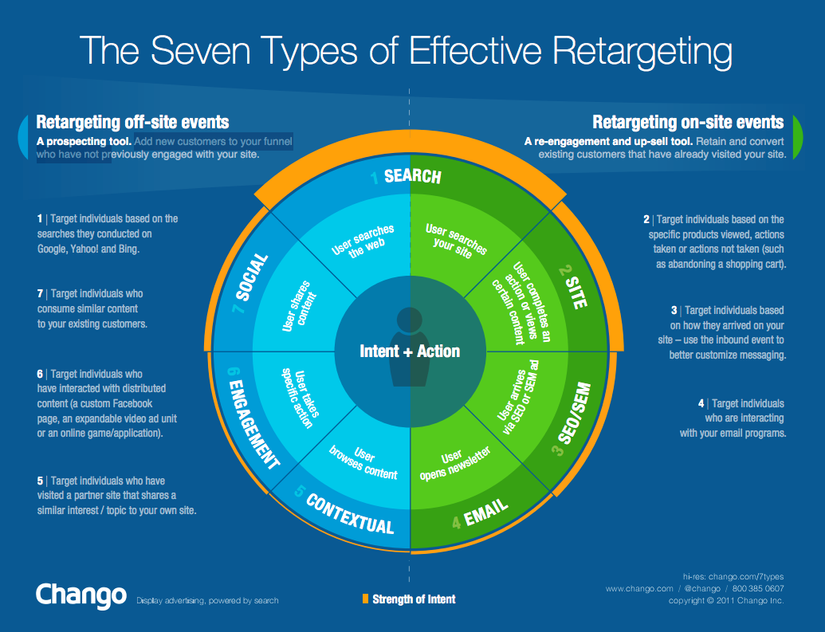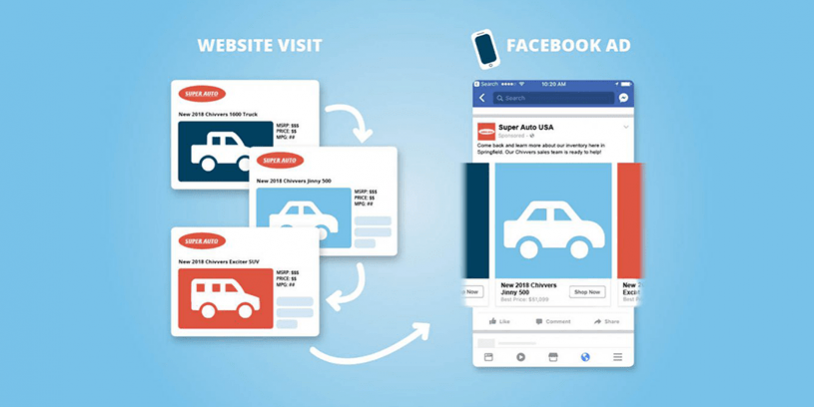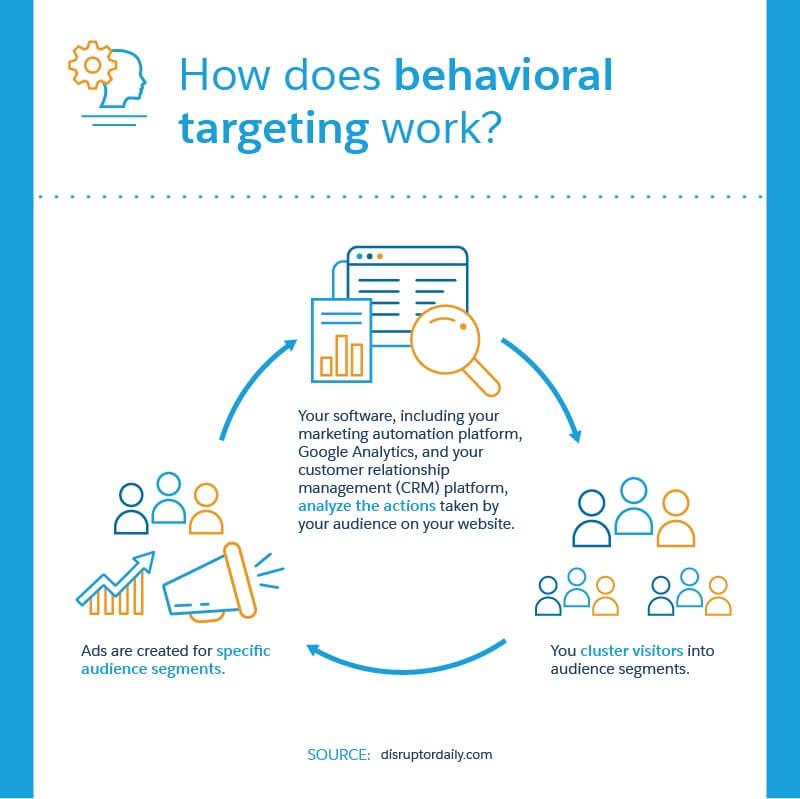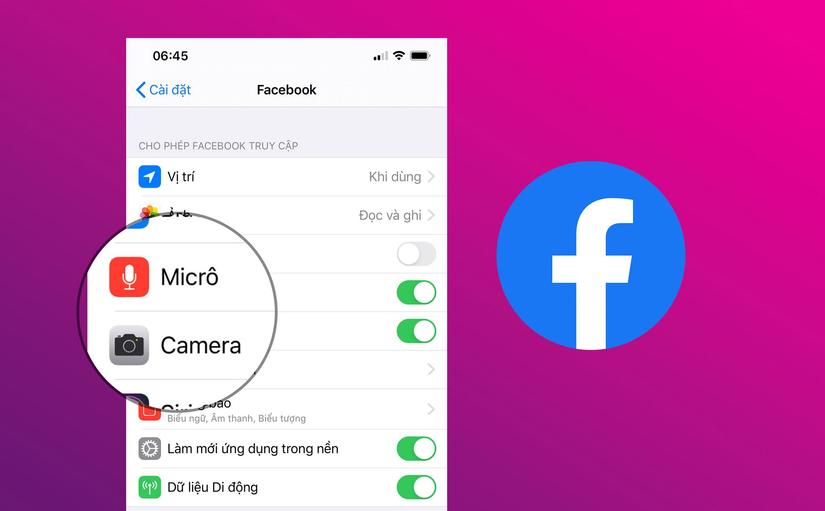overview
Have you ever encountered the situations below and asked why?
Scenario 1 : You go to a shopping site (Tiki, Shopee …) and search to buy an item (for example, you look to buy a watch) and then you don’t buy and exit. Moments after surfing your face, you “accidentally” see a lot of ads related to tiki watches and other units appearing on the message board a lot. So is facebook watching you to know that you are looking to buy watches?
Scenario 2 : You sit and talk to your colleague about your plans for a trip to Danang next week. And very quickly, when you search on google or you surf facebook, a series of ads about places or airline tickets appear, ads of travel service providers or reservations, Flight booking also “accidentally” appeared on our screen. So do they actually “accidentally” appear on our facebook and google?
Through the two practical situations above, you must have been able to imagine what has happened and is happening when we use the “free” services of google, facebook. There is a saying that I really like “If you are not paying for it, you are the product – If you do not have to pay, then you are in fact the product.” To collect customer data, multinational data companies are ready to provide products with very high quality such as Search, E-mail, Electronic Maps, Social networks etc completely free of charge. . They hold the largest amount of data, possess the most advanced data processing technologies, and possess the largest data computing infrastructure. Unlike television, they actually master data actively and comprehensively. So how the problem really invites you to follow the article below to better understand the problem:
In the book “The Art Of Invisibility” by Kenvin Mitnick author Kenvin Mitnick discusses many different aspects regarding how our information is tracked, our information. is sold and used for a variety of commercial or non-commercial purposes. You can be monitored by the government, service providers, advertising agencies, sales service companies … through phone calls, text messages, mouse clicks or other keyword search … This problem exists from the years of the last century in the context of the media and information technology industry flourishing. Today the big guys like Facebook or Google are developing and taking it to new heights, more discreet, more sophisticated and also smarter.
Techniques for google and facebook to “follow” us
Retargeting
Retargeting is the term most often used to describe online advertising and display of ads based on a user’s activity on your site. A user visits the site, their data is stored on a cookie, and you can now target ads to them on other sites they visit. This is the meaning of the term Retargeting. In Retargeting, marketers can choose from a range of different targeting tactics (Targeting) or channels.

There are 2 main forms of retargeting: Onsite Retargeting (targeting individuals who have visited your website) & Offsite Retargeting (targeting based on what users have done on the platform as it relates to the Page).
Onsite Retargeting
- Search Retargeting: When you search on your website, google or facebook will collect related search keywords and display ads.
- Site Retargeting: Targeting based on a user completing an action or viewing a particular piece of content
- SEO retargeting (SEO / SEM Retargeting): Targeting based on how users visit your website
- Email Retargeting: Target email content through email content, promotional mail interactions
Offsite Retargeting
- Search Retargeting: When you search on google or facebook, they will collect related search keywords and display ads.
- Context Retargeting: Targeting based on activities, browsing history by browser
- Engagement Retargeting: Targeting through user-consent agreements when browsing the web
- Social Retargeting: Targeting through the content users view, share, and interact on social networks
Facebook & Google use Retargeting
(Google and Facebook use similar techniques so I only talk about facebook).
Pixel is a Javascript code that Facebook provides advertisers to insert into websites for the purposes of:
- Track your behavior
- Performance measurement
- Create a specific custom audience file suitable for ad campaigns
This code does not track what you do on that site, but rather who is using it. This is extremely important because Facebook needs to know who you are when you visit Tinhte, Tiki, Sendo … so that it can navigate the ad correctly. If not, Facebook only knows you when you visit Facebook, but when you visit some other sites, it loses and does nothing.

Once this Pixel code is up and running, web developers will start using the Pixel to embed “tracking”. For example, when you click to view a product, Pixel will register the “view”, while when you press the “purchase” button and the payment is successful, Pixel recognizes that you have “completed the purchase”. . If you just press the Add to cart button, Pixel will record the action as “add to cart” for example.
Based on these behaviors, plus the product data that the developer has set up for Pixel to recognize, Facebook will know that you haven’t made a purchase yet (i.e., Pixel hasn’t recorded a fulfillment yet). Once there, it will re-display the Facebook ad for the exact item you intend to buy. The Facebook Pixel differs from traditional cookies in that it tracks people, not devices. For example, when you go to website A to read the newspaper, because you are not logged in, if you watch the newspaper from your computer, from your iPad and from your phone, the web will count you as 3 different people. As for the Facebook Pixel, it would be smart enough to know that these three devices are actually just 1 user. This helps to increase advertising effectiveness, increase accuracy when measuring effectiveness.
Behavioral Targeting
This is the technique that google and facebook will rely on the user behavior when accessing the website to offer suitable ads.

Example 1; When you watch the video reviews of an iPhone X then you access some review articles about Iphone X, at this time facebook and google will collect and analyze from there to predict the intention of You can display the ad for your iPhone X. This advertisement can make you satisfied because it touches your needs.
Example 2: When you surf the web, you often watch videos about cars, depending on the practice, your face or google may guess that you are interested in cars and doing ads, but in fact you watch because you like but really need to buy. This case ad is sometimes not suitable for users because of wrong demand. It will, however, also serve its purpose as you may be eligible to buy later. So Facebook and Google are tracking our behavior so that we can advertise us relevant items.
This technique is nowadays also integrated with artificial intelligence to synthesize and analyze user behavior, thereby giving out more relevant and effective ads. For example, if users search for phones together, based on user behaviors and interactions with different phone companies, they can come up with the right ads. For example, searching for phones, users are confused between SamSung and Apple, but users tend to see good reviews about apple and see articles about common errors of SamSung, they may find that users are inclined to Iphone more, and from there to issue relevant advertising.
Audio listening technique, viewing message content
When we use facebook apps, google they will ask for permissions and camera, photo gallery, microphone to serve some functions. And of course, when users agree, they can completely use them as a means to listen and follow users through conversations, messages, and photos.
Facebook has been repeatedly fined for allegedly violating user privacy: Cambridge Analytica case: ‘Facebook fined $ 5 billion’ . Or allegations of Facebook information selling user conversation information to partners.
There is a company called Alphonso, which publishes many apps and games on both Android and iOS. Some of their apps have a function to listen to the TV signal to know what program you are watching. That tells a lot about their behavior, needs, and personality. For example, if you cook regularly and advertisers know it, they can show you ads for new cookware sets through channels like Facebook, app, web … Update This information was shared by Alphonso himself with the New York Time in 2018. Of course, when using the app, Alphonso has notified the user about this function, and you can turn it on and off as you like.

Whether or not eavesdropping from facebook and google is a controversial topic for a long time. However, there are many different ways you can protect yourself
What users need to do to protect themselves
There are many ways to protect yourself from being eavesdropped on as well as disturbed by advertisements. However, there are also people willing to do it so that they can receive advertising. So the decision is up to you or not. Some ways to prevent eavesdropping and collect information:
- Carefully read requests for permission to access microphones and cameras from applications, only provided when absolutely necessary, and for trusted applications.
- Turn off location access, camera, microphone on apps when not needed.
- Use anonymous browser, logout from accounts when you need to search without advertising.
- Be careful when sharing information on social networks, especially sensitive personal information.
- Enable Tracking Protection in Firefox or EDGE to block tracking from other sites
- Restrict login to private accounts in public machines
- Use ad blocking programs to avoid distractions
